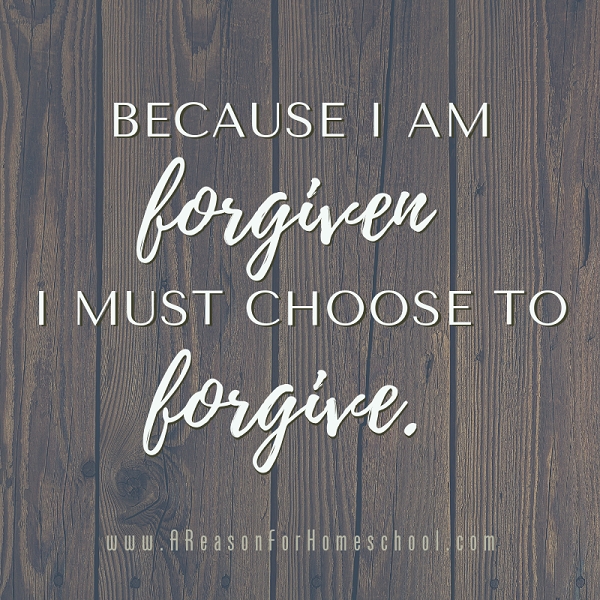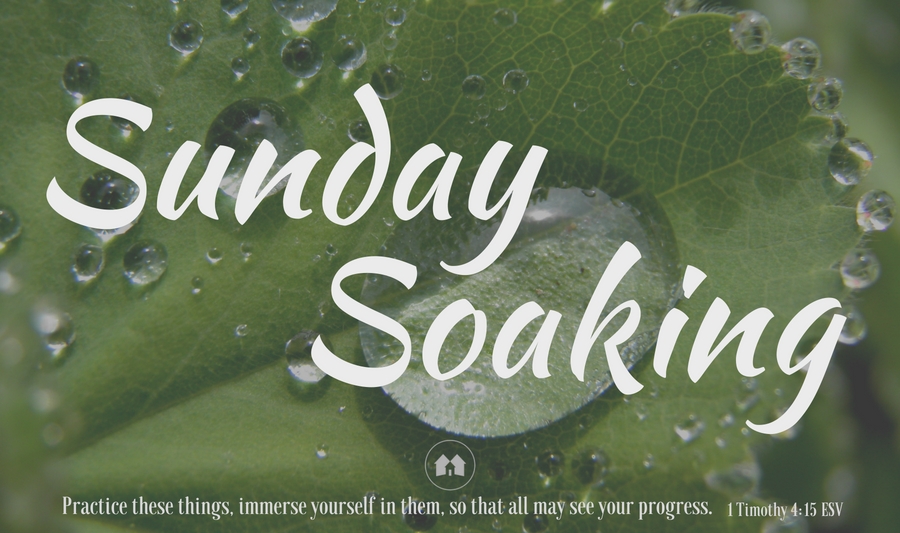“Be kind and compassionate to one another,
forgiving each other,
just as in Christ God forgave you.”
Ephesians 4:32
Just because we are Christians does not mean we will not hurt each other. In fact, those we are closest to have the greatest capacity for wounding us.
When a stranger is mean, we can (literally or figuratively) roll our eyes and walk away. But when a “one another” criticizes us, tears and sleepless nights may result. Ice cream could be involved.
In extreme cases those wounds are deeper than hurt feelings. They can bring life-long consequences. The most horrific of those behaviors cast a shameful eye on the body of Christ. The result can be years of counseling for the victim, and incarceration for the perpetrator when justice must be served.
You and I may never (I hope) face those extreme circumstances. But we probably will encounter relationship struggles that need more than a quart of Rocky Road to overcome.
All of us have most likely endured – and may face again – a situation where we are insulted, criticized, misunderstood, unappreciated, overlooked, condemned, maligned, or gossiped about by a fellow believer. It may come from a member of our church, our circle of friends, perhaps even our family.
When the “one anothers” in our lives behave badly, that’s on them. They are responsible for their behavior.
But our response to their bad behavior is on us. I am responsible for me. You are responsible for you. And one day, we will all answer to God for every bit of it.
Are you and I holding onto a hurt … perhaps one that began years ago? Has it rooted itself in deep, growing from a tiny seed to a firmly entrenched plant of bitterness with kudzu-type tenacity?
- Have you rounded a corner at the grocery store, seen someone at the end of the aisle, and done an oh-I-need-milk U-turn to avoid a face-to-face encounter?
- Have you stopped going to family reunions when you know certain family members will be there?
- Do you retrieve that scene from the iCloud storage of your mind and replay it once in a while, just to remind yourself why you’re angry … and why you have the right to that anger?
Are you being held captive in your own prison called “unforgiveness?”
Would you consider the possibility that holding onto the hurt, refusing to release forgiveness, may be injuring you more than the one who offended you?
I heard someone once say, “We tend to judge others by their behavior, but judge ourselves by our intentions.” Might we tend to whitewash our role as we remember, retell, and replay?
If you’ve made it this far, please accept some learned-the-hard-way counsel from a woman who has lived long enough to make far too many mistakes. I’ve cried and prayed with a lot of women who have been hurt, I have hurt people, and I have been hurt myself.
Here’s the advice that bubbles up from those experiences:
- Own your part of it.
Hurts and fractures in relationships are seldom 100% one person’s fault. Rarely is one party completely blameless. If you are 2% culpable, own that 2%. Seek forgiveness, repent, do whatever necessary to make it right. - Release forgiveness.
The only way to be free from this thing in your past – and move forward into your future – is to forgive. Failing to do so robs you of today, and every tomorrow, until you do.
Let it go.
Choose to let it go.
Pray you can let it go.
Allow the Holy Spirit to enable you to begin to release forgiveness. Allow Him to open the door to the prison where you’ve held yourself hostage.
A few additional thoughts on forgiveness:
- It is a choice – not an emotion.
- It is an expectation of Christ-followers.
- Because I am forgiven, I must choose to forgive.
- In the context of God’s forgiveness of us, no call to forgive is too great.
- Surely, our refusal to forgive each other breaks the heart of God. We are made in His image; as parents, we know how devastated we are when our children are at odds.
- Forgiveness does not mean the behavior was acceptable.
- Forgiveness is not reconciliation. (That takes time and work.)
- You don’t have to be asked for forgiveness to give it. (In fact, the person you need to forgive may have passed.)
- Forgiveness loosens the enemy’s foothold in our lives.
- Forgiveness allows us to move forward in our effectiveness for the Kingdom.

Look back above and re-read Ephesians 4:32. If we are walking in kindness and compassion, forgiveness will be the natural result. I’m praying we all take seriously this call to exercise kindness and compassion.
Who is God calling you – and me – to forgive today?
It’s not too late to join us in February for
Write The Word: One Another
as we study what the Bible tells us
about how to treat our fellow believers.
